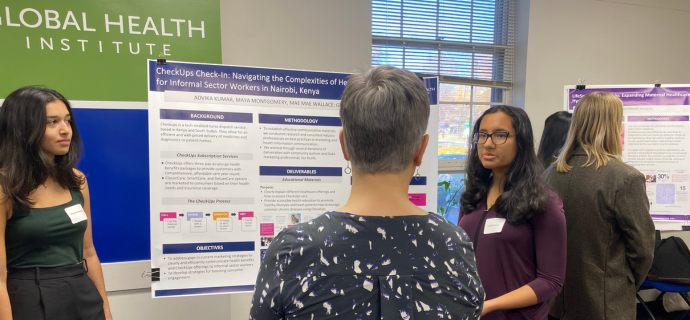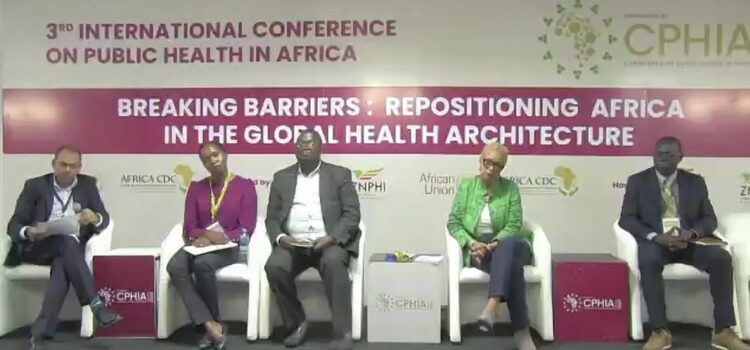This newsletter aims to provide a central hub for information, milestones, and updates regarding the COVID Treatment QuickStart Consortium. The COVID Treatment QuickStart Consortium partners with governments to rapidly introduce and scale access to COVID-19 oral antiviral therapies in vulnerable
The COVID Treatment QuickStart Consortium Newsletter: April 2024 Edition










